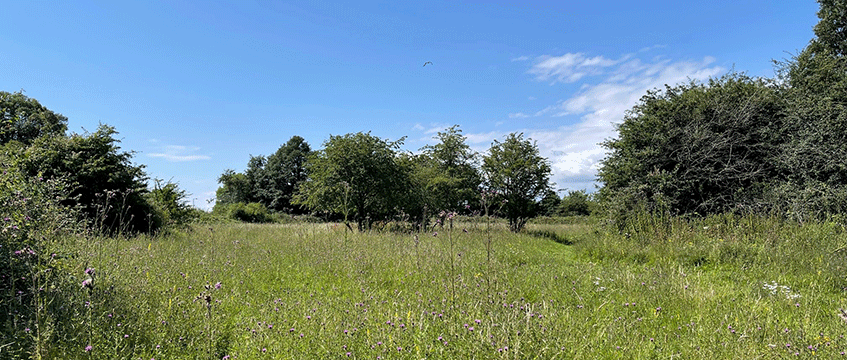When determining an application under section 14 of the Trusts of Land and Appointment of Trustees Act 1996 in a dispute between beneficiaries, the court is bound to have regard to the matters referred to in section 15 but is not constrained from considering other relevant issues in the exercise of its discretion.
The Court of Appeal has clarified the meaning of section 15, allowing an appeal in Savage v Savage [2024] EWCA Civ 49; [2024] PLSCS 27.
Facts
The case concerned the method of sale of three parcels of land in Alfriston, East Sussex, made in financial remedy proceedings between the respondent, Raymond Savage, and his ex-wife, Vanessa Savage.
The properties were held on trust for Raymond and the four children of his late brother, of which the appellant, Frank Savage, was one. Frank ran a business, including a campsite, on one of the parcels of land.
Raymond was the majority beneficiary by value. He had a two-thirds interest in one parcel of land, a three-quarters interest in another and a one-half interest in the third. The remaining interests were held by the children.
Vanessa sought an order for sale of the properties but the beneficiaries could not agree how the sale should take place. Sale of the properties in separate lots was feasible and would have a limited effect on overall value. Raymond wished the properties to be sold as a whole and to “move on with his life”. The children supported Frank being given a right of pre-emption over the land on which he conducted his business.
The law
Section 14 of the 1996 Act provides that any person who is a trustee of land or has an interest in property subject to a trust of land may apply to the court for an order relating to the exercise by the trustees of any of their functions or declaring the nature or interest of a person’s interest in property subject to the trust, and the court may make any such order as it thinks fit.
Section 15 refers to matters to which the court is to have regard in determining such applications which include:
- Under section 15(1), the intentions of those who created the trust; the purposes for which the property subject to the trust is held; the welfare of any minor who occupies or might reasonably be expected to occupy any land, subject to the trust, as its home and the interests of any secured creditor of any beneficiary; and
- Under section 15(3), the circumstances and wishes of any beneficiaries of full age and entitled to an interest in possession in property subject to the trust or (in case of dispute) of the majority (according to the value of their combined interests).
The orders below
The district judge’s order of February 2022 provided that Frank should have a right to buy out Raymond’s interest in the properties for £66,150, based on expert evidence, before they were offered to the open market.
The order recorded: that the court was not restricted from considering the interests of the children as minority beneficiaries; that it took account of Raymond’s circumstances and wishes as majority beneficiary; that the minority beneficiaries supported Frank being given a right of pre-emption over the land from which he conducted his business; and while Frank could buy land elsewhere this was not the same as continuing a location-sensitive business in the same location.
On Raymond’s appeal, the circuit judge set aside the district judge’s order and ordered the sale of the properties on the open market without giving Frank a right of pre-emption. He decided that section 15(3) set out two separate options: where there was no dispute the views of any beneficiary were to be taken into account, but where there was a dispute only the wishes of the majority were to be taken into account. Consequently, the court was constrained to only consider the circumstances and wishes of Raymond, as the majority beneficiary. Frank appealed.
The Court of Appeal decision
The Court of Appeal confirmed that the court has a broad discretion under section 14 to make whatever order it “thinks fit” on trustee applications concerning the exercise of their functions or when declaring the nature or extent of an interest in trust property.
The ordinary and natural meaning of the words “include” and ”have regard to” in section 15(1) did not operate to create an exhaustive list of factors the court should consider. The same words are used in section 15(3) which means that, where there is a dispute, the court must consider the circumstances and wishes of the majority beneficiary. However, other factors are not excluded expressly or by necessary implication. So while there was no such obligation in respect of minority beneficiaries there was nothing to prevent the district judge from taking them into account.
Law Commission materials fortified this interpretation by making it clear that the intention of the statute was not to restrict the court’s discretion by creating an exhaustive list of factors to be considered, but to set out the more important factors by way of guidance.
The Court of Appeal considered that the district judge took into account all the relevant circumstances and reached a sensible decision which was well within the ambit of his discretion under section 14. His order was restored.
Louise Clark is a property law consultant and mediator








